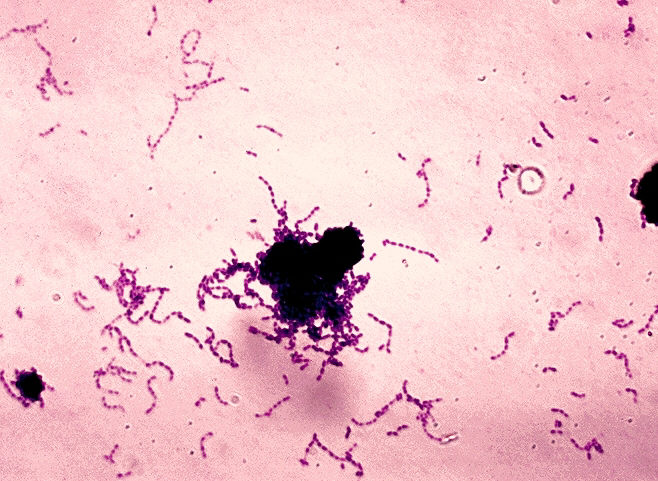Preventing Dental Caries: The Impact of Family Habits on Children's Oral Health

In a recent advisory, dental experts caution that common familial practices, such as kissing young children on the mouth, can inadvertently transmit cavity-causing bacteria. The All India Dental Students Association (AIDSA) emphasizes that while cavities themselves are not contagious, the bacteria responsible for them—specifically *Streptococcus mutans*—can be transmitted through saliva. This warning comes at a critical time, as early childhood caries is a significant public health concern, affecting numerous children worldwide.
According to Dr. Emily Carter, a pediatric dentist at the American Academy of Pediatric Dentistry (AAPD), the transmission of *S. mutans* poses a serious risk, particularly during a child's early years when their enamel is still developing. "Children are born without these bacteria, but they typically acquire them through close contact with caregivers, especially mothers," Dr. Carter explains. This process, known as vertical transmission, can occur through everyday interactions such as kissing, sharing utensils, or even pre-chewing food for infants.
The implications of this bacterial transmission are profound. Research conducted by Dr. William Caufield in 1993 utilized genetic analysis to demonstrate that children often inherit specific strains of *S. mutans* directly from their mothers. His findings highlight the critical “window of infectivity,” which occurs between 19 and 31 months of age, during which children are particularly susceptible to colonization by these harmful bacteria (Caufield et al., 1993, Journal of Dental Research).
Dental experts advise that parents take proactive measures to reduce the risk of transmission. This includes refraining from kissing children on the lips, avoiding the sharing of utensils, and ensuring that pacifiers are cleaned appropriately—preferably with water rather than through sucking. Furthermore, the AAPD recommends that caregivers maintain their own oral health through regular brushing, flossing, and dental check-ups. This not only protects individual health but also minimizes the risk of passing on harmful bacteria to children.
The broader implications of these findings extend beyond individual families. Early childhood caries remains one of the most prevalent chronic diseases in young children, with significant long-term impacts on oral health and overall well-being. According to the World Health Organization (WHO), untreated dental caries can lead to pain and infection, necessitating expensive treatments that may not be accessible to all families.
To combat this issue, public health initiatives are increasingly focusing on parental education regarding oral hygiene practices. Dr. Sarah Johnson, an associate professor of pediatric dentistry at Harvard University, notes, "Our approach to cavity prevention must evolve to recognize the interconnected nature of family health. By educating parents on how their behaviors can influence their children's oral health, we can significantly reduce the incidence of dental caries in young populations."
In conclusion, the relationship between familial habits and the transmission of cavity-causing bacteria underscores the importance of collective oral health practices. As families navigate the complexities of caring for young children, awareness and proactive measures can play a pivotal role in safeguarding their children's smiles for years to come. This emerging understanding signifies a shift from individual dental care to a more holistic family health approach, aiming to diminish the prevalence of early childhood caries and its associated burdens.
Advertisement
Tags
Advertisement





